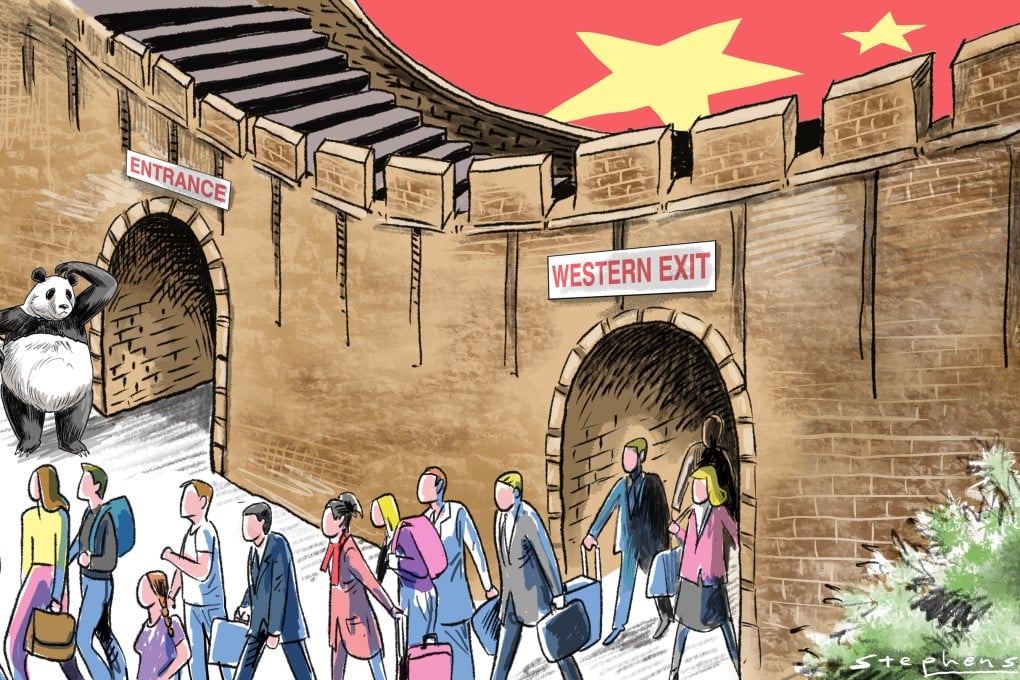Advertisement
Opinion | China’s dwindling Western expat workforce should be cause for concern
The presence of foreigners not only brings economic benefits through trade and investment but also fresh ideas and cultural understanding
Reading Time:3 minutes
Why you can trust SCMP
18

China is facing a new and gradually building demographic dynamic – a decline in the number, and a shift in the nationalities, of expatriates in the country. As the number of expats from the West dwindles, they have been replaced to some extent with a growing number of expats from countries in the Global South.
This changing mix has wider implications, not least for businesses in China itself and the West. Empirical studies show that migration and the presence of foreigners increases international trade and foreign direct investment by reducing information and transaction costs, as well as fostering innovation.
Furthermore, expats can bring people-to-people exchanges, ideas and knowledge transfer. They can build cultural bridges to help improve understanding and reduce ethnocentrism.
China’s dwindling expatriate population, especially in its capital, has attracted increasing attention and comment, including from the media. Not only is this development indicated by individual examples but also in a report published in late October by the Beijing International Talent Exchange Association.
The report found a 40 per cent drop over the decade, from 37,000 to just 22,000 foreigners living and working long term in Beijing. That equates to just 0.2 per cent of the city’s workforce and 0.1 per cent of its population.
This situation is even more stark in Shanghai, where the expat population is collapsing. One estimate attributed to a think tank in the city noted a massive 64 per cent decrease in the foreign population in just five years, from over 200,000 in 2018 to just 72,000 by 2023.

Advertisement
